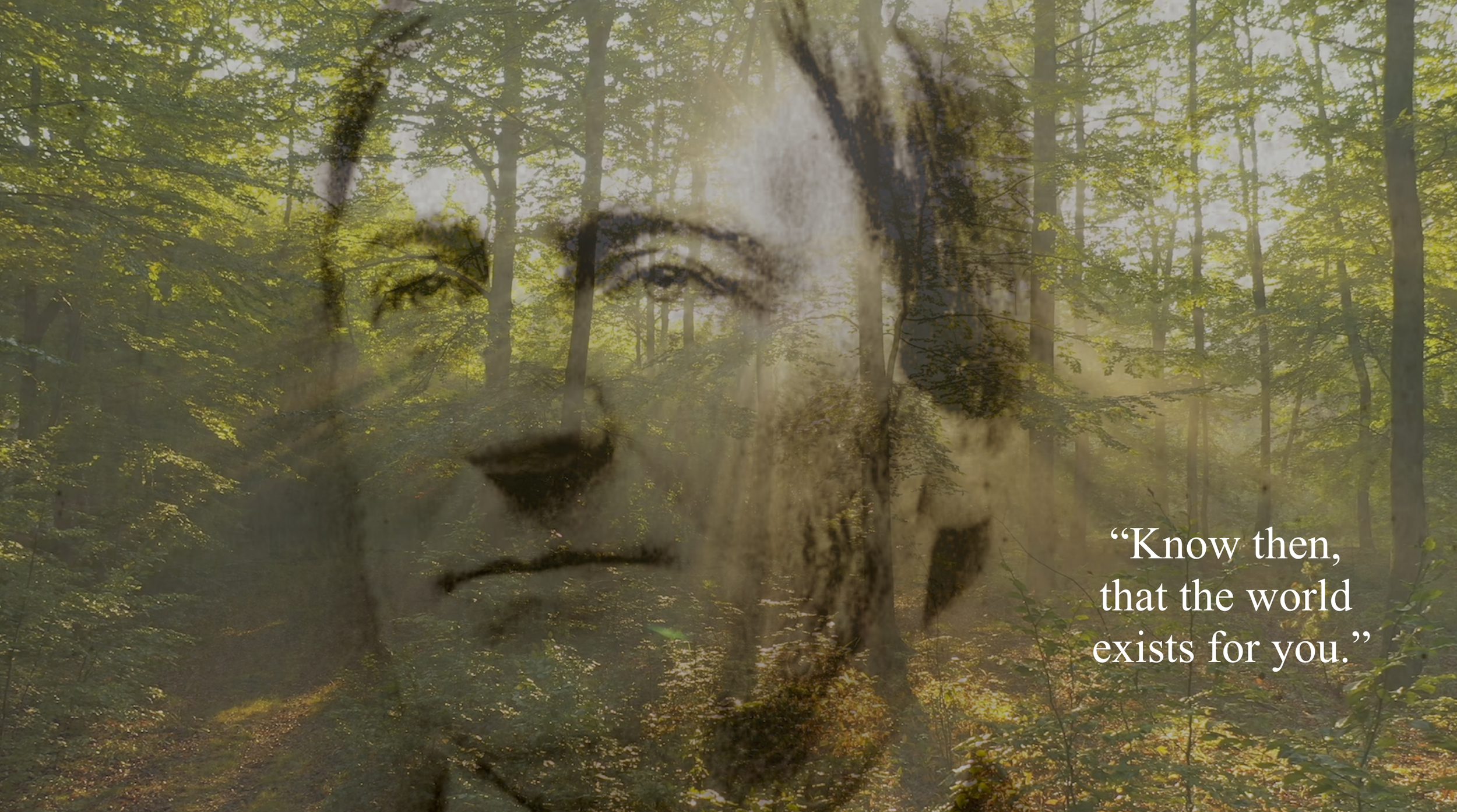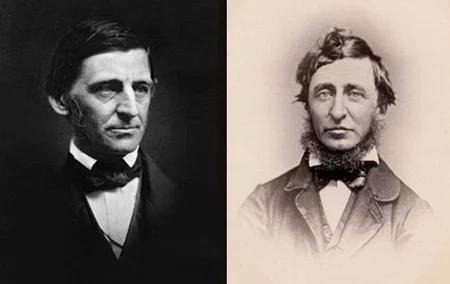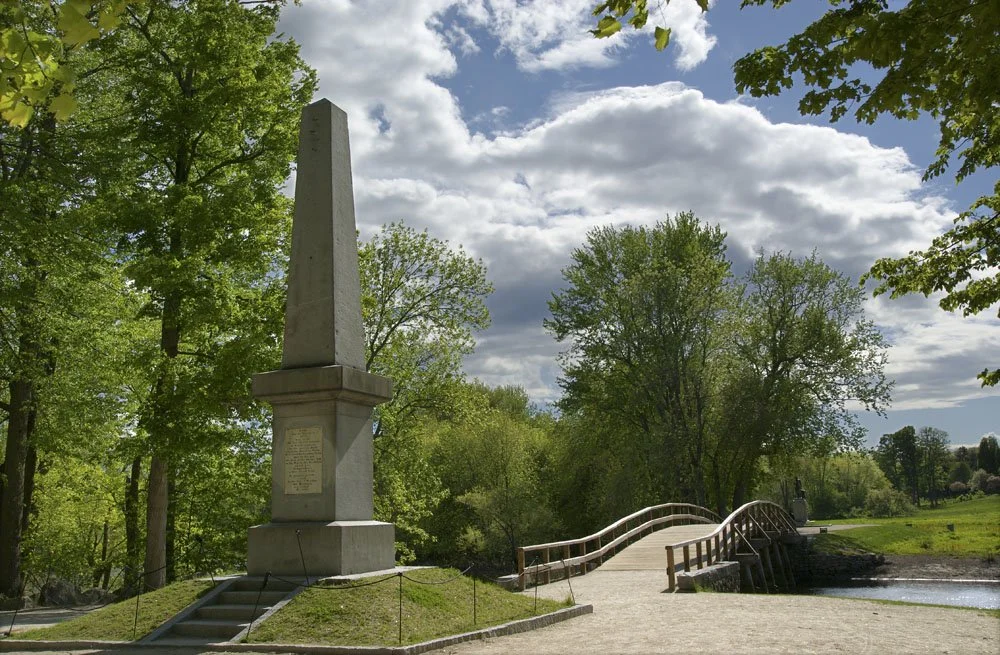
The Lyceum
A gathering place for engaging Emersonian content to educate & entertain.
Frequently Asked Questions
Emerson House guides share answers to some of the frequently asked questions by visitors to the house.
Give All to Love
In his new documentary film Ralph Waldo Emerson: Give All to Love, Michael Maglaras celebrates the 220th anniversary of Emerson’s birth by “telling the story of the father of American thought and literature and…his importance in contemporary life.”
Whatever I May Call You
Referencing Jeffrey S. Cramer’s book, Solid Seasons: The Friendship of Henry David Thoreau and Ralph Waldo Emerson, to explore the question of whether the two friends called one another “Waldo” and “Henry.”
Christopher Cranch: Transcendentalist, Artist, and Follower of Emerson
Reprinted from The Public Domain Review, this essay explores the friendship of Transcendentalist illustrator Christopher Cranch and Ralph Waldo Emerson. Cranch’s collection of humorous sketches inspired by phrases from Emerson’s Nature—including his famed “transparent eyeball” drawing—is considered one of his greatest achievements.
Emerson’s Mountain Interval
A reflection on Emerson’s trip to the White Mountains in the summer of 1832 as he considered leaving the ministry after the death of his first wife, Ellen. Taking wisdom from his surroundings, it was there that Emerson made the decision to resign. Mountains continued to occupy a place in his imagination, itineraries, and poetry for the rest of his life.
Emerson and Thoreau: Companions on a Journey of Self-Discovery
Emerson and Thoreau met in the spring of 1837 and became lifelong friends. In addition to their affinity for Concord, they shared a strong belief in the importance of nature in developing creative and independent thinking. Thoreau lived with the Emerson family for several years and built the cabin of Walden on land owned by Emerson.
The American Scholar: Emerson’s Call to Awaken American Thought
An examination of the themes and context of Emerson’s momentous 1837 speech, "An Oration, Delivered before the Phi Beta Kappa Society at Cambridge,” later retitled “The American Scholar.” At the time, Emerson was just embarking on his remarkable 40-year career as an essayist, poet and speaker. His mind was racing with new ideas designed to increase individual expression and promote the importance of nature to thought and literature, and the Transcendental Club was founded soon thereafter.
A Momentous Day: April 19, 1775
Remembering the historic Battles of Lexington and Concord that marked the beginning of the American Revolutionary War, and sharing Emerson’s “Concord Hymn,” written for the 1837 dedication of a monument commemorating the battle at Concord’s North Bridge.
Three Roads Back
The late Robert D. Richardson Jr.’s final book, Three Roads Back (Princeton University Press, 2023) explores how Ralph Waldo Emerson, Henry David Thoreau, and William James each coped with the grief of losing loved ones. Emerson lost his first wife, Ellen, to tuberculosis after less than two years of marriage, and his first child, Waldo, died of scarlet fever at the age of five.
Winter Reflections
Excerpts on the wonders of winter from Emerson’s poems, essays, and other writings, accompanied by recent photos of the snowy landscapes around his Concord home.










